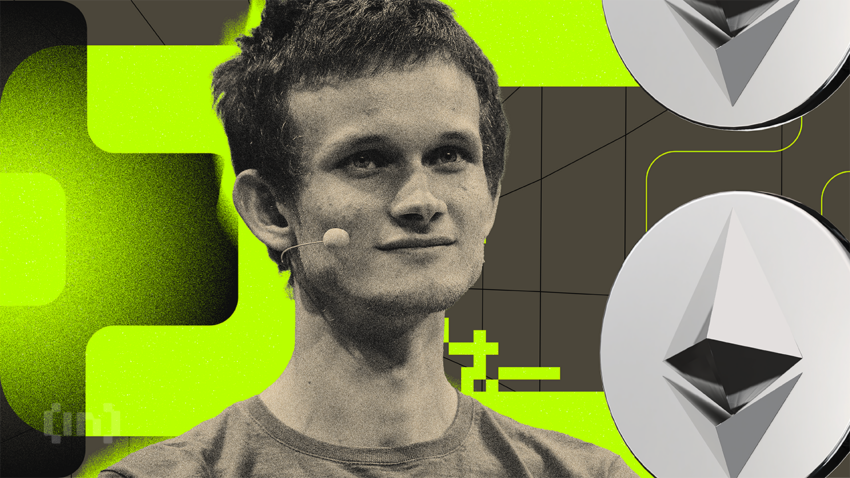Vitalik Buterin, the co-founder of Ethereum, has proposed a pivotal alternative to Ethereum Improvement Proposal (EIP) 3074. This new proposal intends to boost security and minimize risks for core developers.
Featuring a novel transaction type, similar to EIP-2930, it includes additions such as a contract code string and a signature.
How Vitalik Buterin’s Proposal Offers Heightened Security
Initiating this process, the design begins by verifying that the contract code of the signer is empty. Subsequently, it sets this to the specified contract code, only to reset it to empty at the transaction’s conclusion. This methodology permits the signer of the contract code and the transaction origin to be distinct, thus offering both flexibility and heightened security.
The proposed approach promises compatibility with existing EIP-3074 workflows by transforming them into streamlined interactions within the new framework. Through this, commands like AUTH and AUTHCALL are replaced by simpler verify and execute functions associated with externally owned accounts (EOAs). This simplification maintains operational integrity and also enhances process efficiency.
Read more: Ethereum EIPs: What Are They? How Are They Implemented?
Buterin asserts that his method aligns with any EIP-3074 workflow and requires minimal adjustments for integration. It supports forward compatibility with endgame account abstraction, avoiding the introduction of new opcodes, thus preventing potential redundancy in future blockchain contexts.
Additionally, it enables EOAs to temporarily undertake contract functionalities, ensuring compatibility with the current EntryPoint architecture.
Despite its numerous advantages, including maintaining a unified code ecosystem likely to remain relevant in future frameworks, this proposal does carry potential drawbacks. It inherits some criticisms from EIP-3074, especially concerning possible centralization and the required trust in managed code pieces.
“However, it feels like any EIP that attempts to handle the “privilege de-escalation” (aka sub-keys) use case of 3074 would have the same problem,” Buterin concluded.
Pedro Gomes, co-founder of WalletConnect, also supported Buterin’s proposal.
“This new approach benefits from leveraging 4337 infra PLUS reduces the risk for core developers,” Gomes said.
As the Ethereum (ETH) community anticipates the Pectra upgrade, scheduled between late 2024 and early 2025, excitement builds. This significant update, which will integrate EIP 3074 centrally, aims to revolutionize how users interact with Ethereum wallets by adding sophisticated smart contract functionalities.
Key features include a novel social recovery tool and the capability for transactions without ETH in wallets, dramatically lowering the barriers for newcomers.
Disclaimer
In adherence to the Trust Project guidelines, BeInCrypto is committed to unbiased, transparent reporting. This news article aims to provide accurate, timely information. However, readers are advised to verify facts independently and consult with a professional before making any decisions based on this content. Please note that our Terms and Conditions, Privacy Policy, and Disclaimers have been updated.

